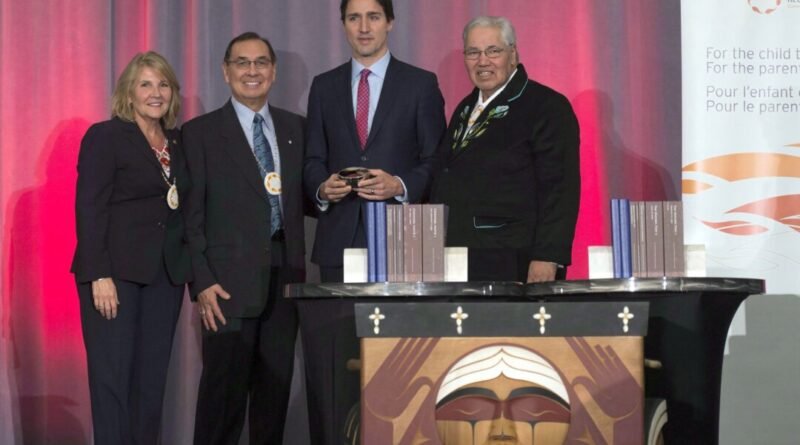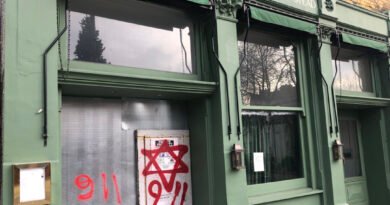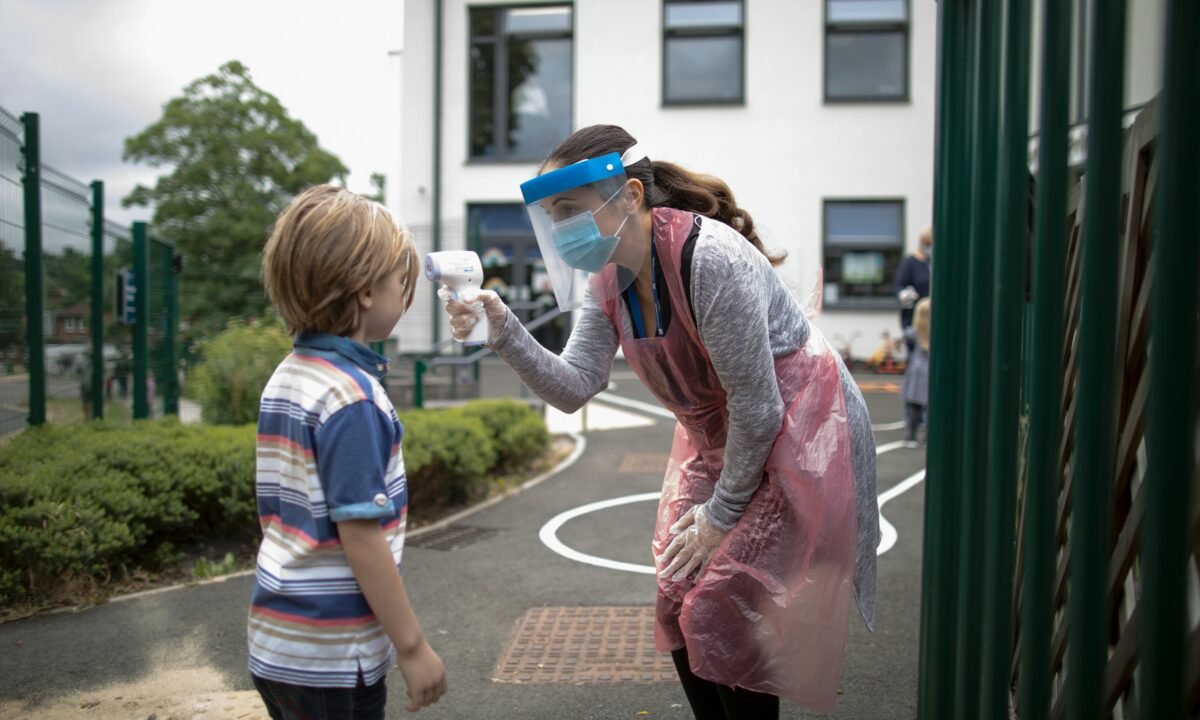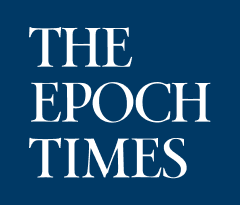The Lack of Implementation of the Truth and Reconciliation Commission’s Recommendations Shouldn’t Come as a Surprise
Commentary
Let’s examine a couple of them.
Call to Action 1 states:
“We call upon the federal, provincial, territorial, and Aboriginal governments to commit to reducing the number of Aboriginal children in care…”
It is easy to see problems with this recommendation.
First and most important, Canadians probably think that all children, both indigenous and non-indigenous, who need care should receive it irrespective of the number of children already in care. The primary obligation of the child welfare system must be to protect vulnerable children.
Second, the word “commit” is unclear. This word could mean that the government is planning to do something or is already doing it. “Doing something” is probably what the commission meant to say. The Yellowhead Institute finally realized that the government was not doing what it said it was going to do, so the institute stopped checking on the implementation of the recommendations.
Digging deeper reveals a third ambiguity. The aboriginal population is growing surprisingly fast, and this Call to Action must report percentages because the changing population needs to be included in the calculation. Thus, the commission should have written “reducing the percentage of Aboriginal children in care” and not “reducing the number of Aboriginal children in care.”
Let us move on to another call.
Call to Action 61 says:
- Community-controlled healing and reconciliation projects.
- Community-controlled culture- and language-revitalization projects.
- Community-controlled education and relationship-building projects.
- Regional dialogue for Indigenous spiritual leaders and youth to discuss Indigenous spirituality, self-determination, and reconciliation.
This call asks churches that were involved in the Settlement Agreement—namely, the Roman Catholic, Anglican, United, Mennonite, and Baptist churches—to permanently fund indigenous educational and cultural programs that the churches will have no direct control over. In other words, these churches are being asked to dedicate scarce resources to indigenous organizations without any accountability to ensure that the money helps achieve acceptable goals that will help achieve reconciliation.




